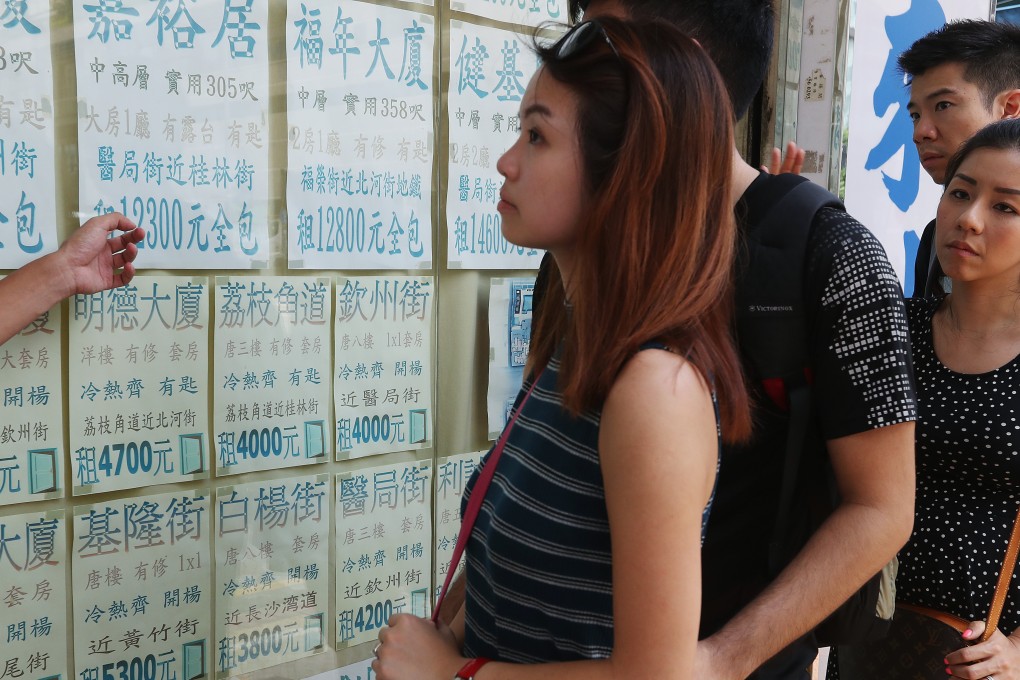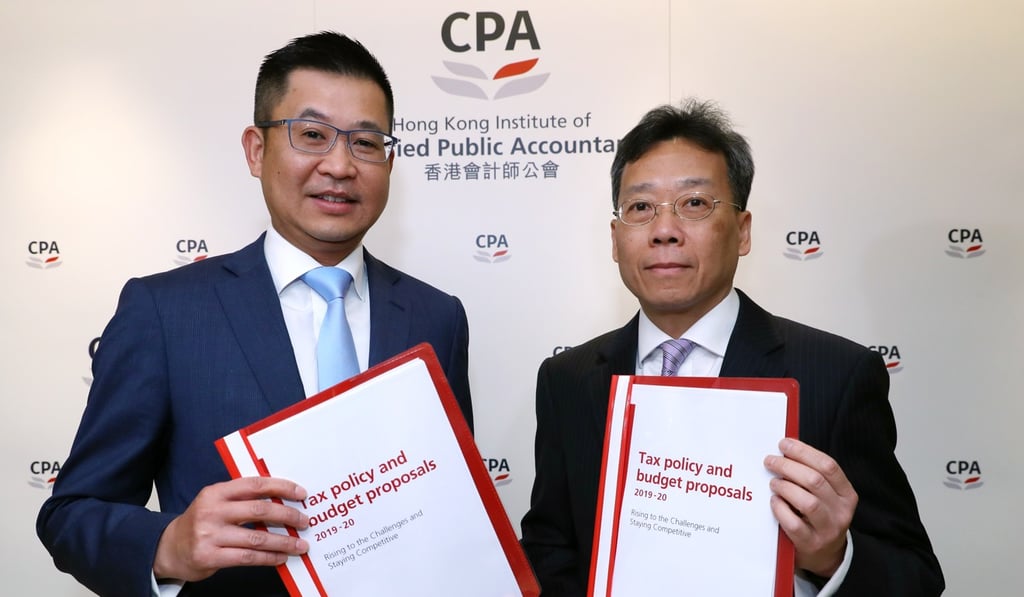Advertisement
Top Hong Kong accountants’ body urges government not to give out cash handout in budget as it estimates surplus of HK$50 billion for financial year
- Hong Kong Institute of Certified Public Accountants says big drop in land sales and stamp duty have reduced surplus
- Calls for tax break of up to HK$100,000 for those who rent residential property
Reading Time:2 minutes
Why you can trust SCMP

Big drops in land sales and stamp duty have reduced the government’s annual surplus to around HK$50 billion (US$6.4 billion) this financial year, the Hong Kong Institute of Certified Public Accountants forecast on Monday, as it called for a cash handout scheme not to be renewed.
The institute, a statutory body with 43,000 members, instead urged the government to introduce a tax break of up to HK$100,000 for rental payments to relieve the economic burden on taxpayers.
Its forecast is slightly higher than the government’s estimate of HK$46 billion in the budget in February last year.
Advertisement

Financial Secretary Paul Chan Mo-po, who unveils this year’s budget on February 27, said earlier this month the surplus would be “more or less” the estimated figure, which would mean a two-thirds fall from 2017-18.
Advertisement
The estimated surplus marks a four-year low, even though the government has enjoyed surpluses for the past 15 years.
Advertisement
Select Voice
Choose your listening speed
Get through articles 2x faster
1.25x
250 WPM
Slow
Average
Fast
1.25x